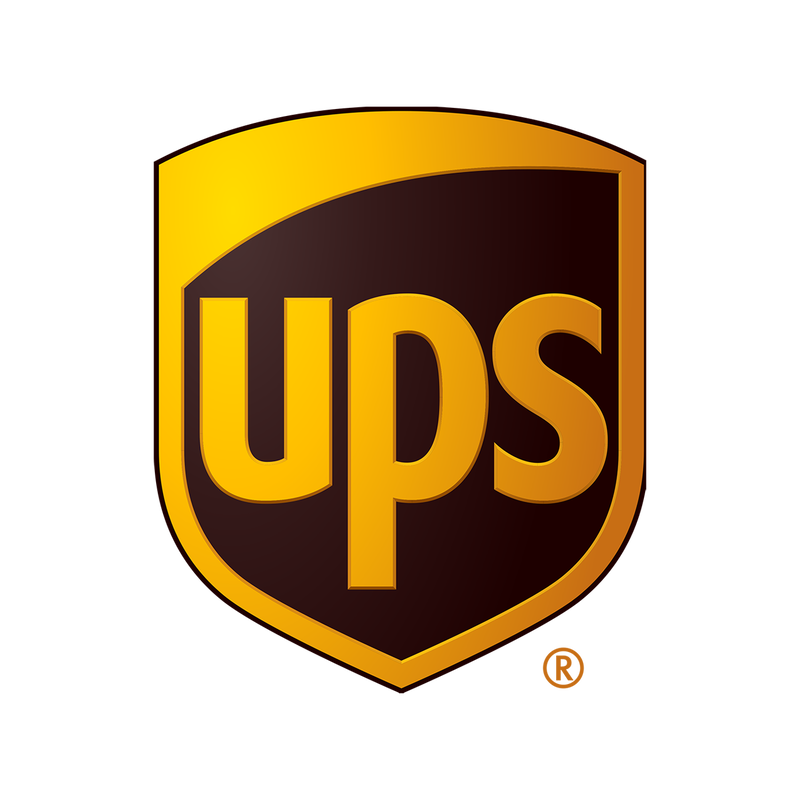There’s no need to be scared of selling; it’s something that should be an integral part of every business. Startups are often focused on creating a great product. This is crucial to the success of any business. However, it is equally important to be able to convey the greatness of your product and company to the right people, in a way that makes them want to do business with you. Fail to sell your product effectively, and you sell your business short. If you have a solid product, it is important to be talking to the right people. Here are seven tips for closing deals.
1. Identify Your Targets
It’s easy to get carried away when promoting a product that you’re passionate about. It’s important to first identify those individuals whose organizations will get you the most traction. Creating a list prevents you from spending time chasing targets who will do little to help you. Remember, it’s easy to get distracted, so stick to your goals, and be strategic.
2. Make a Plan
Make sure you know your targets thoroughly and understand what drives them. You need to have a proposal in mind that you think will fit in with their motivations and concerns, so try to predict their needs. If necessary, talk to people who are in the same industry or close to the decision makers to get a feel for what will move the needle for them.
Sketch out a deal structure that will pander to their motivations and dull their concerns. This needn’t deviate from your own plans. For example, lengthening deal contracts in return for a larger sign-up bonus is one way of compromising. You’ll be surprised at how framing your deal differently can affect your target’s perception.
3. Network
Now that you’ve identified your targets and know what motivates them, you need to get close. On a basic level, start with LinkedIn to see whether you have mutual connections who may be able to introduce you. If you’re lucky and you have strong connections, you’ll get a good head start. However, the more face time you have, the easier it is to build rapport and trust. As such, find out where you can best approach your targets — at events, in Starbucks or even on the beach. Wherever they are, you need to know and you need to be there (no stalking, though!).
4. Pick Up the Phone
Face time is better than a telephone call, and telephone calls are better than emails. It’s easier to convey your message and capture your target’s attention verbally than in written form. Emails are easy to ignore and discard — particularly if you receive hundreds of them per day. Make sure to set aside enough time to hit the phones and cold call. After all, a cold call is still much more effective than a cold email.
5. ListenEpictetus wisely said, “We have two ears and one mouth so that we can listen twice as much as we speak.” The most common mistake in sales is to talk without listening. Not only do people appreciate being listened to, but you can use your target’s response to craft a pitch that addresses them directly. Watch out for negative responses, such as “I’m not sure” or “I’ll have to think about it” — such responses indicate uncertainty and should be avoided. Take a second to craft a more careful response.
6. Don’t Be Afraid
Don’t be afraid to challenge — this shows you’re thoughtful and resourceful. If you’re pitch is responded to with negativity, don’t be afraid to ask why. Unless you ask, you won’t know what’s wrong. Often you’ll be surprised by the answer and be able to address the concern before it becomes a rejection.
Don’t be afraid to close. You need to let your target know what you want, or your conversation may become confusing. Feel free to be direct if you feel your message has been received positively. A short statement or summary confirming how future progress will be defined sets goals and puts you both on same page. For example, “Great! All I need now from you is a check for $9,000 and we can get started right away!” This way your target has understood what is required of them and will respond in a way that lets you know where you stand.
7. Follow Up
Nothing happens without a pipeline. Even a door-to-door vacuum cleaner salesperson has to build a pipeline; it’s just a simple fact of sales. You need to stay on top of your contacts and make sure you stay in touch on a regular basis. Regular contact ensures that a target thinks about you when he’s ready to proceed with the deal, or you may be alerted to changes in circumstances that provide an opportunity for you.
Make sure that you remember the details — “How was Paris? I bet it was amazing!” These details are conversation starters and show that you really care about the person beyond closing the deal. The more frequently you call or email, the more important it is to stay on top of the details.
Have any else tips for closing deals? Please leave your comment :)
by Colin Behr








